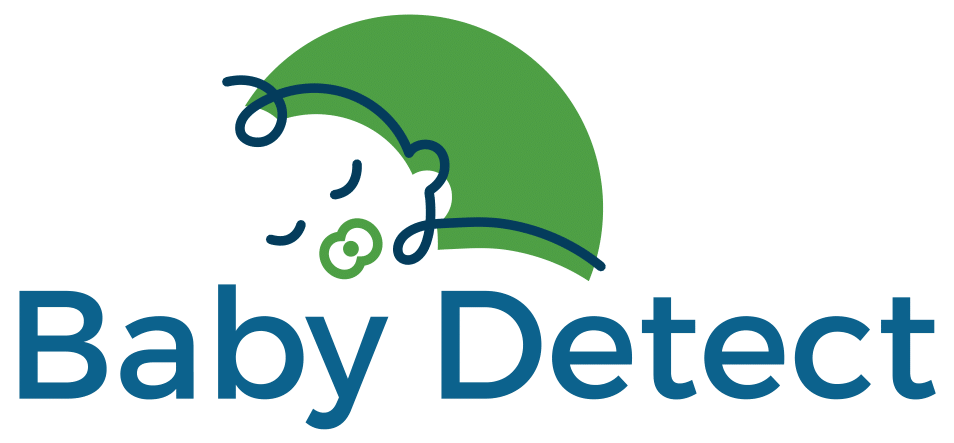GLDC and AMT genes
Also known as: Hyperglycinemia nonketotic; NKH; Hyperglycinemia transient neonatal, included
OMIM#605899 https://omim.org/entry/605899
1. The disease:
Nonketotic hyperglycinemia (NKH) is the inborn error of glycine metabolism defined by deficient activity of the glycine cleavage enzyme system (GCS), which results in accumulation of large quantities of glycine (Gly) in all body tissues including the brain.
2. The Symptoms:
The majority of children with NKH have onset in the neonatal period manifest as progressive lethargy evolving into profound coma and marked hypotonia; 85% have severe NKH and 15% attenuated NKH. Lack of early signs or symptoms does not exclude the diagnosis.
- Severe NKH: no developmental progress and intractable epilepsy. Those with onset between two weeks and three months typically present with hypotonia; 50% have severe NKH and 50% attenuated NKH.
- Attenuated NKH: variable developmental progress and treatable or no epilepsy. Those with onset after age three months have attenuated NKH.
- Severe versus attenuated NKH is consistent within families, but the degree of developmental progress in those with attenuated NKH can vary.
3. Actions to take in case of early diagnosis:
- Babies with a positive genetic test (having 2 pathogenic variants or 2 copies of a single pathogenic variant in one of the 2 confirmed genes for NKH) should continue breastfeeding and avoid baby formulas. Early treatment is essential in preventing chronic symptoms.
- Biochemical correlation is essential for confirming diagnosis with biochemical NBS with tandem mass spectrometry (high Gly) in dried blood spots, plasma and CSF.
- NKH is a lifelong disease that requires lifetime management and regular follow-up with a metabolic physician and child neurologist, a part from a multidisciplinary approach to care.
- Severe NKH: No treatment is effective in changing the natural history of developmental delays, spasticity, and intractable epilepsy, but treatment with benzoate to lower glycine improves attentiveness and facilitates seizure management.
- Attenuated NKH: Current treatment is reduction of plasma concentration of glycine by administration of sodium benzoate and blockade of overstimulated NMDA receptors.
- In the first years of life, routine developmental assessments and neurologic evaluations. Monitoring for scoliosis and hip dysplasia in severely affected patients; gastrointestinal problems; and pulmonary function particularly in children who develop recurrent respiratory infections.
- Genetic counseling is highly recommended for family planning and evaluation of at-risk family members such as siblings.
